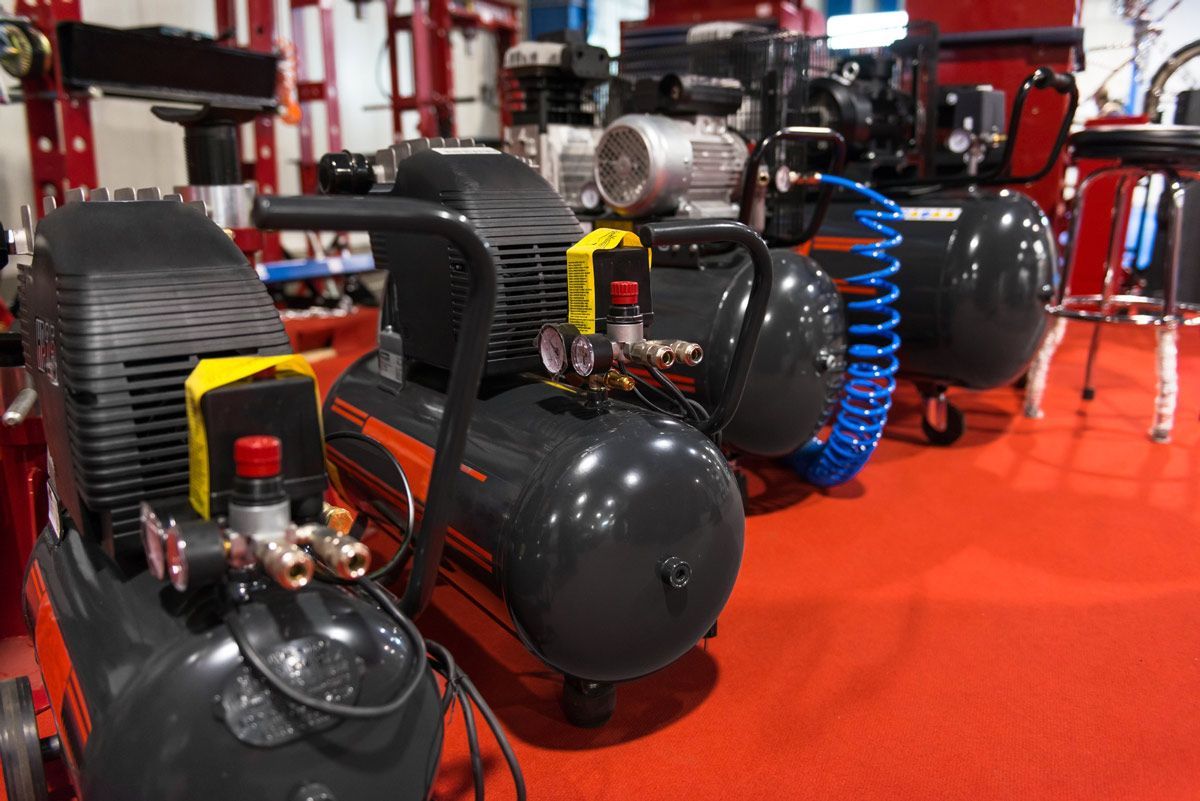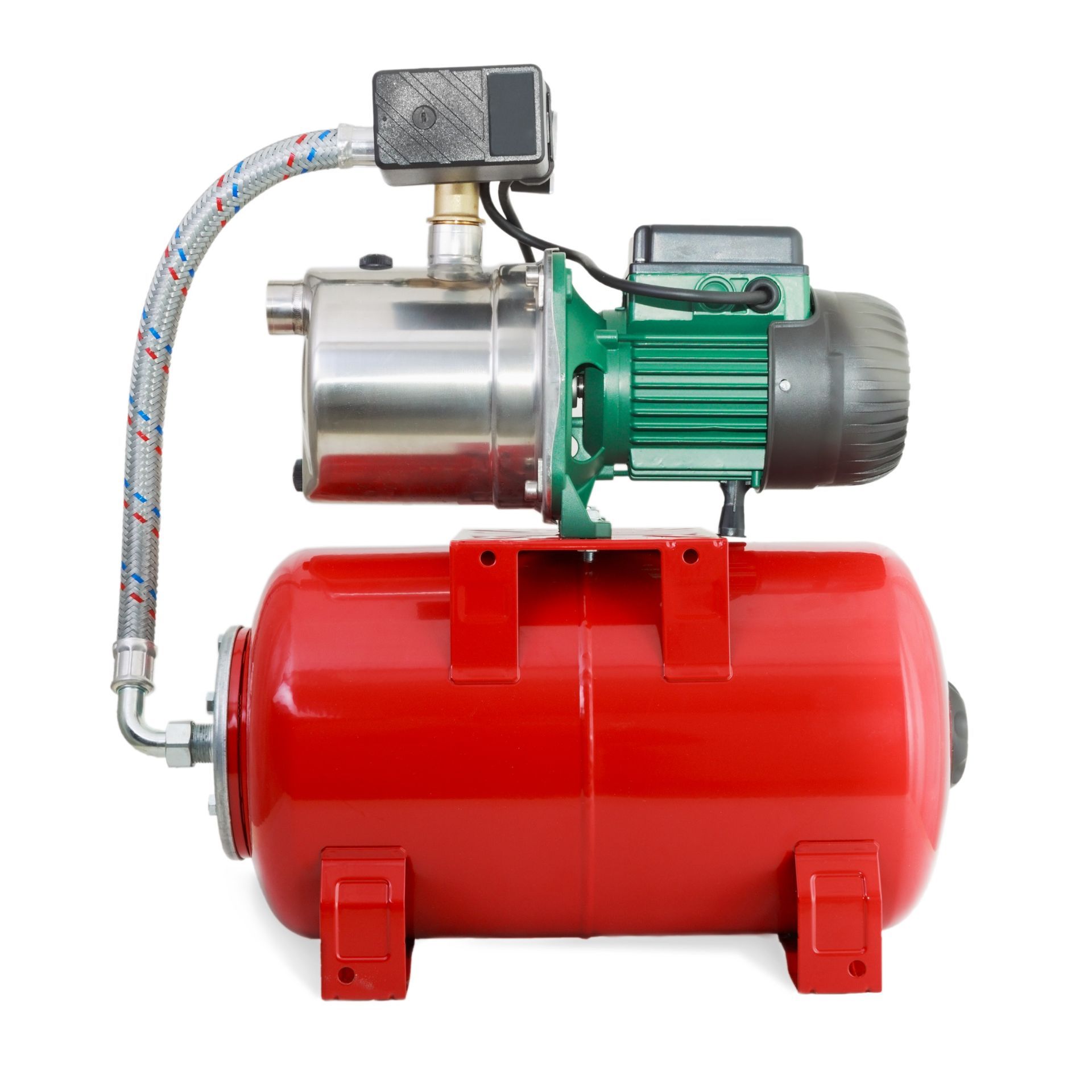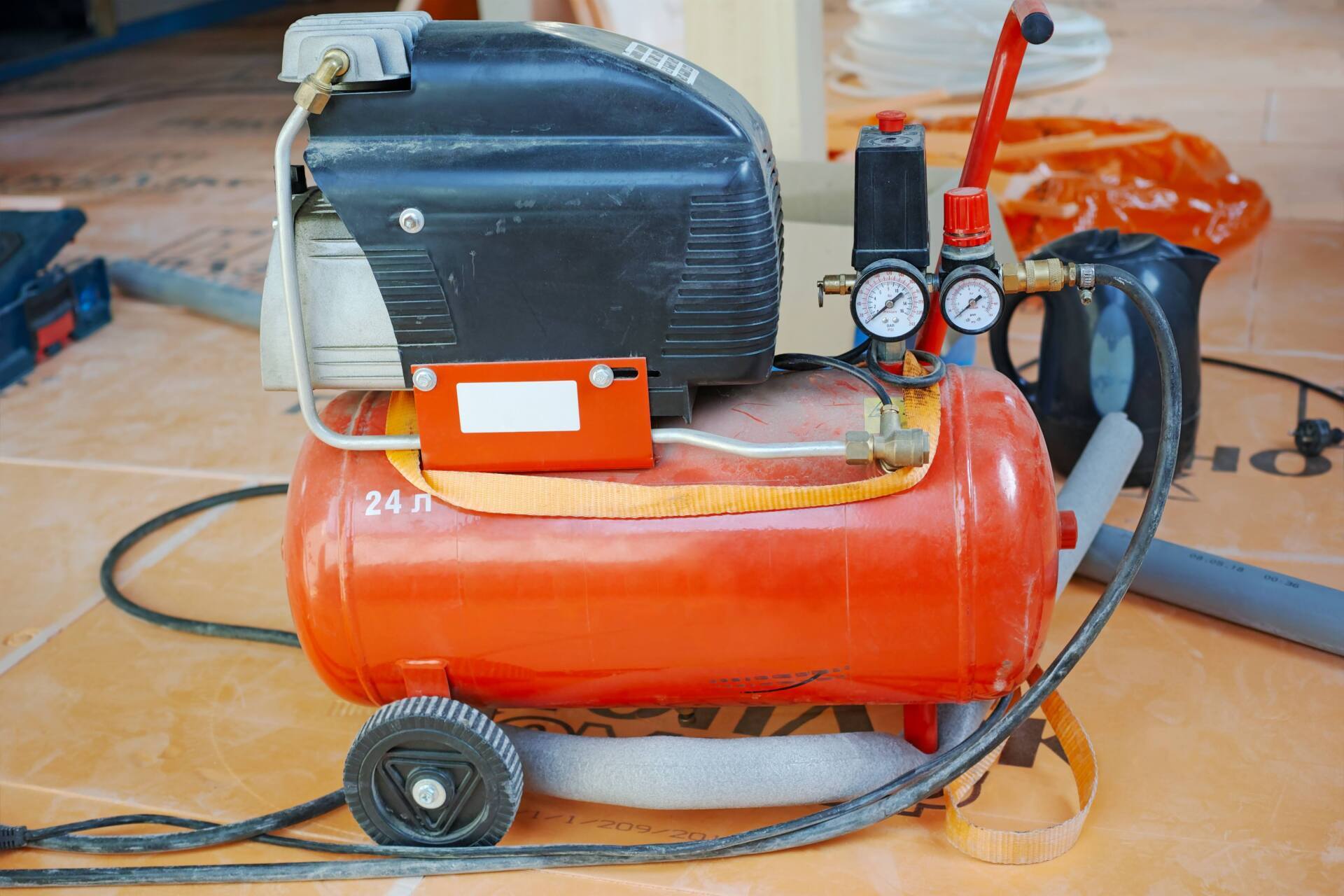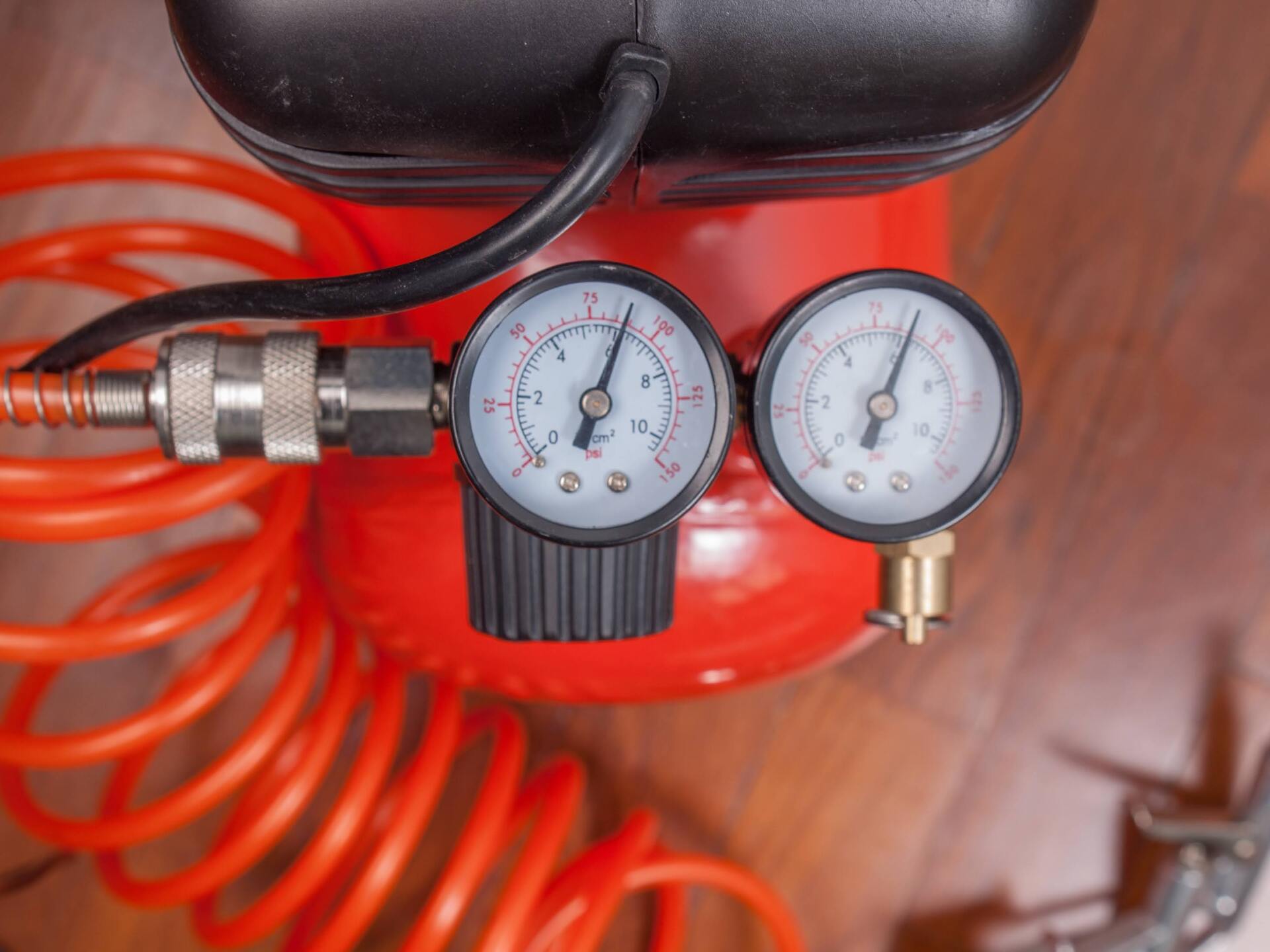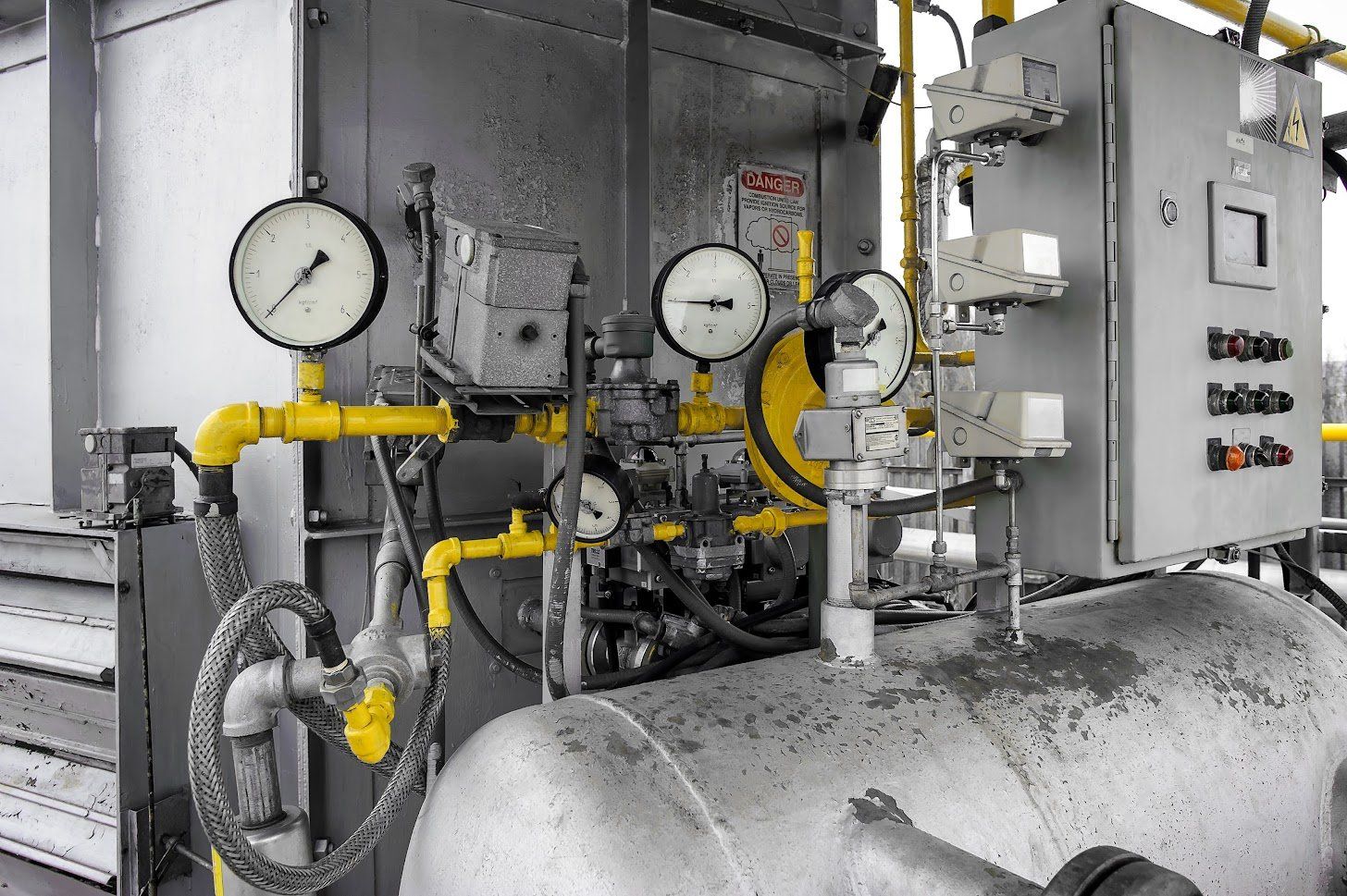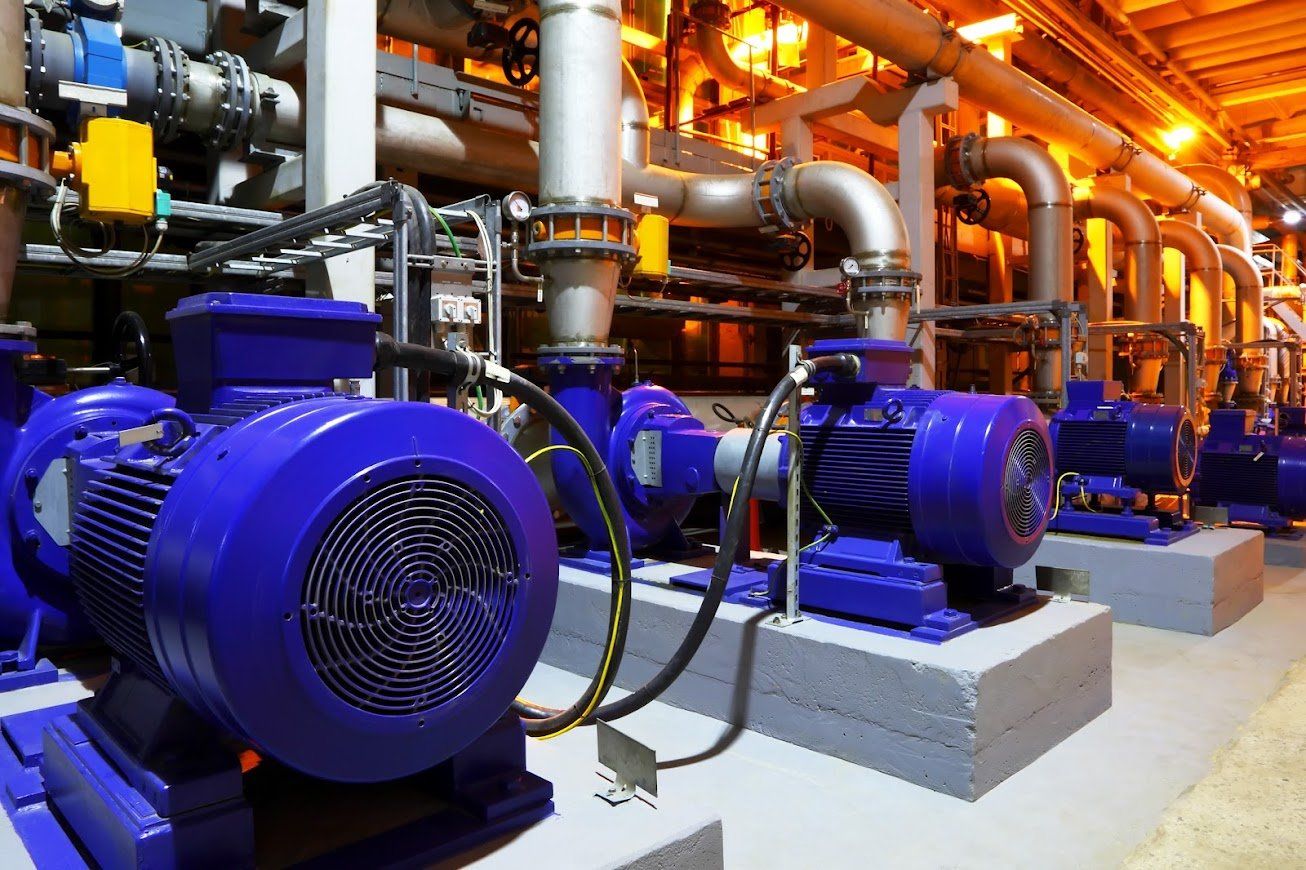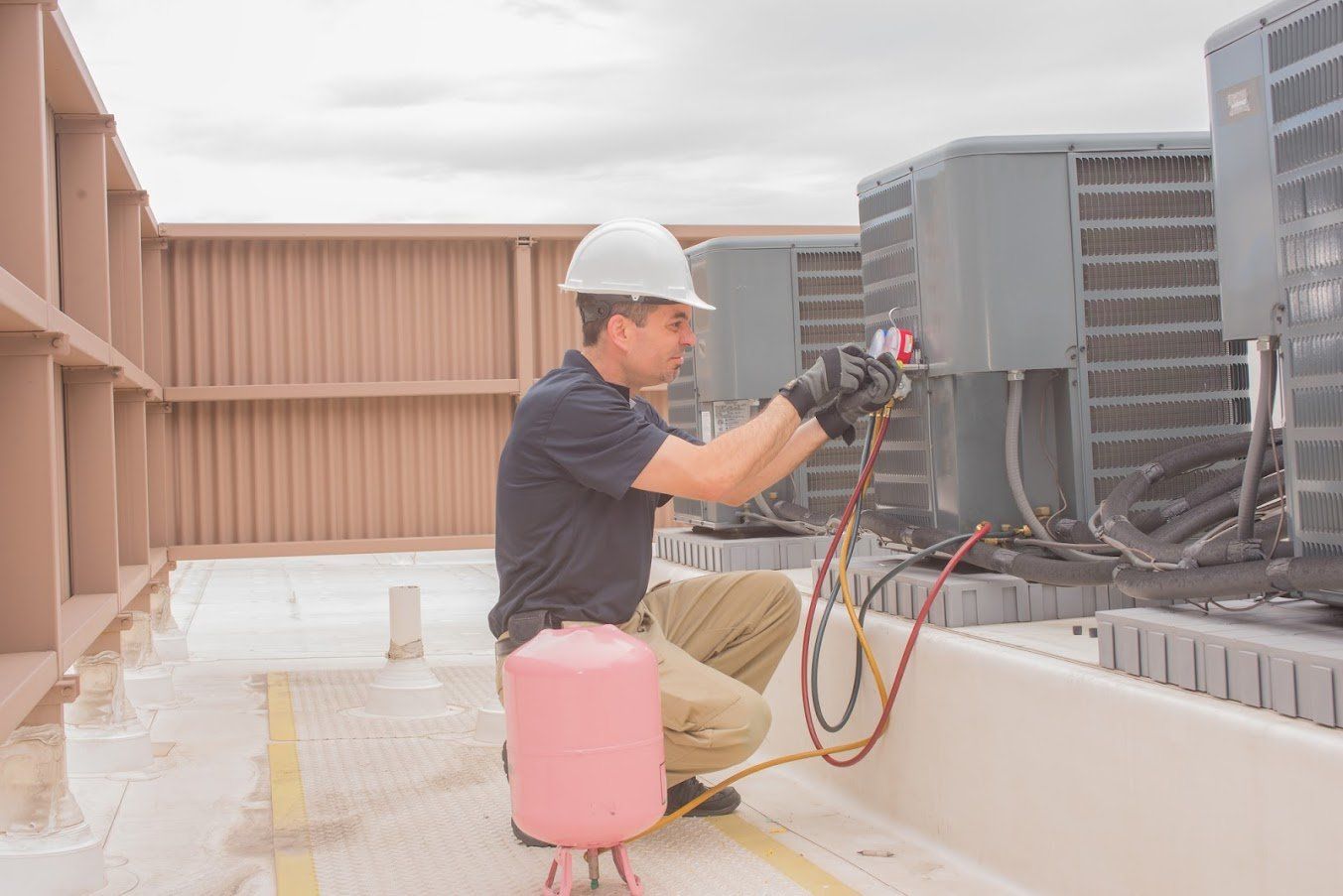Blog Layout
3 Critical Tasks in a Compressed Air System Energy Audit
3 Critical Tasks in a Compressed Air System Energy Audit
- By Admin
- •
- 10 Feb, 2021
- •
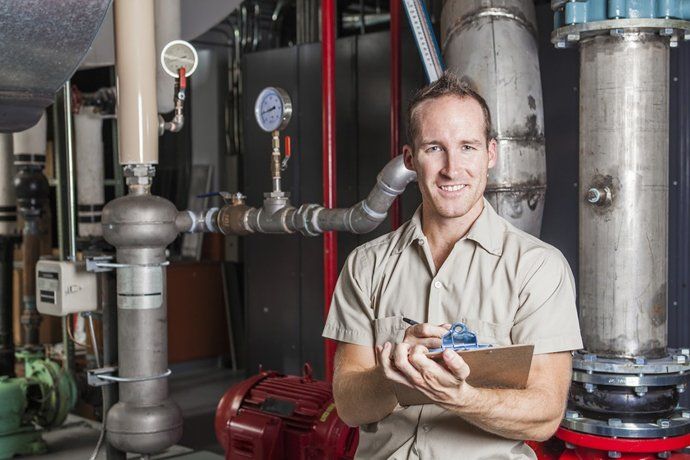
An energy audit identifies your facility's true energy needs, inefficiencies, and opportunities to improve the compressor unit. Here are the key tasks you expect in the energy audit.
1. Evaluating the Controls
Complex controls match a compressor's output with the demands of your end-user equipment. The best control system optimizes energy delivery to reduce energy wastage. The controls also affect the performance of the entire unit, and for these reasons, the energy audit focuses on this critical component.
The energy audit service tests whether the air compressor controls affect the efficiency of your system. A precise control system boosts efficiency and your energy auditor can and recommend a controls upgrade for better performance. Your energy audit company recommends modifications to the control system after assessing your facility's demand profile.
Some control features that can improve efficiency include start/stop controls, load and unload functions, system master controls, modulating controls, system master controls, and pressure/flow controllers.
2. Logging the Consumption Data
Data loggers analyze trends and energy demand fluctuation of the compressor for a period. The audit loggers track energy consumption over seven days. The auditor looks at the night/weekend energy demand to identify any wastage.
For the duration of this data logging process, your compressor system should run normally. The data receives give a real picture of energy needs and usage in your facility. The results reveal highs and lows in the energy output and consumption trends. From this data, an energy auditor suggests ways to improve your compressor's performance and efficiency.
Data loggers reveal any problems in the compressors such as poor sizing, leaks at night, inefficient performance, and energy wastage. Through this process, you discover redundancies, which your team can work to eliminate. Your audit service can recommend a new air compressor to suit the real air demand for your facility.
If your team acts on the energy audit results from the data loggers, you can cut on the energy consumption at your facility. The cost savings help improve your company's bottom line.
3. Reviewing the Piping Infrastructure
A comprehensive compressor infrastructure review identifies problems such as leaks, pipe damage, and other infrastructural issues. The audit also captures any problems with a pipe system design that reduces your air compressor's efficiency.
The review of the pipe layout identifies structural issues that cause inefficiencies. An optimized pipe design facilitates a smooth flow of compressed air at the required rate and pressure to your end-use machines.
The pipe length and diameter affect the level of pressure in the system. Your energy audit professional reviews all these pipe design factors and recommends a redesign or pipe replacement or other solutions.
You can't manage your compressed air system if you don't measure its performance. An energy audit by a certified service gives you a comprehensive overview of the system, including the energy demand, system problems, causes of inefficiency, and more crucial information. With this data, you can take the right measures to enhance your compressed air system's efficiency.
For 25 years, Compressed Air Systems has served Whatcom, Skagit, Snohomish King, and Pierce Counties delivering the most reliable compressor and vacuum solutions. If you need any air compressor services in the area, contact us today for a comprehensive range of solutions and reliable products from premier brands.
Browse Our Website
Contact Information
Address:
19009 61st Ave NE, Unit #5 Arlington WA 98223
Phone:
360-925-6356Mobile: (425) 328-0723
Email:
ed@compressedair-systems.com
Hours of Operation
- Mon - Fri
- -
- Sat - Sun
- Appointment Only






Serving Whatcom, Skagit, Snohomish King, and Pierce Counties.
Content, including images, displayed on this website is protected by copyright laws. Downloading, republication, retransmission or reproduction of content on this website is strictly prohibited. Terms of Use
| Privacy Policy


